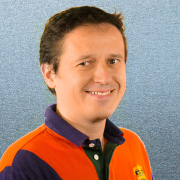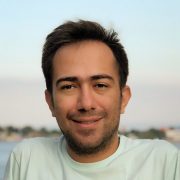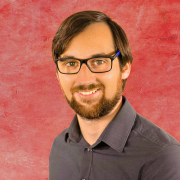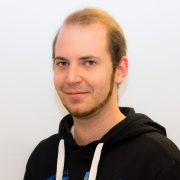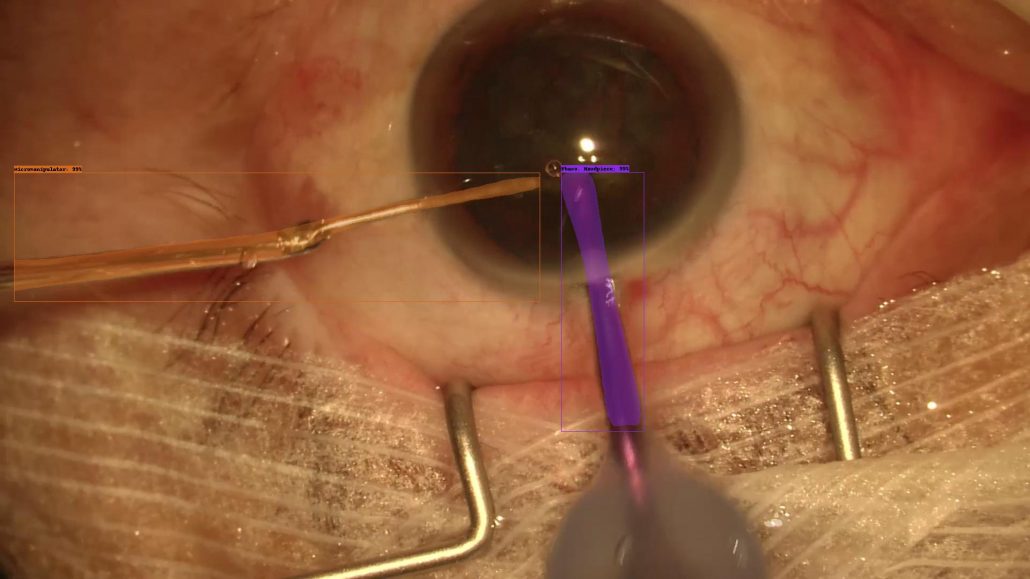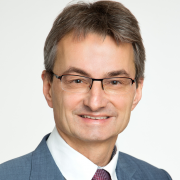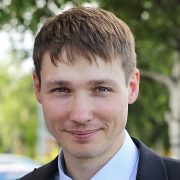Title: Objective and Subjective QoE Evaluation for Adaptive Point Cloud Streaming
Authors: Jeroen van der Hooft (Ghent University), Maria Torres Vega (Ghent University), Christian Timmerer (Alpen-Adria-Universität Klagenfurt, Bitmovin), Ali C. Begen (Ozyegin University, Networked Media), Filip De Turck (Ghent University), Raimund Schatz (Alpen-Adria Universität Klagenfurt & AIT Austrian Institute of Technology, Austria)
Abstract: Volumetric media has the potential to provide the six degrees of freedom (6DoF) required by truly immersive media. However, achieving 6DoF requires ultra-high bandwidth transmissions, which real-world wide area networks cannot provide economically. Therefore, recent efforts have started to target efficient delivery of volumetric media, using a combination of compression and adaptive streaming techniques. It remains, however, unclear how the effects of such techniques on the user perceived quality can be accurately evaluated. In this paper, we present the results of an extensive objective and subjective quality of experience (QoE) evaluation of volumetric 6DoF streaming. We use PCC-DASH, a standards-compliant means for HTTP adaptive streaming of scenes comprising multiple dynamic point cloud objects. By means of a thorough analysis we investigate the perceived quality impact of the available bandwidth, rate adaptation algorithm, viewport prediction strategy and user’s motion within the scene. We determine which of these aspects has more impact on the user’s QoE, and to what extent subjective and objective assessments are aligned.
Keywords: Volumetric Media; HTTP Adaptive Streaming; 6DoF; MPEG V-PCC; QoE Assessment; Objective Metrics
International Conference on Quality of Multimedia Experience (QoMEX)
May 26-28, 2020, Athlone, Ireland
http://qomex2020.ie/

